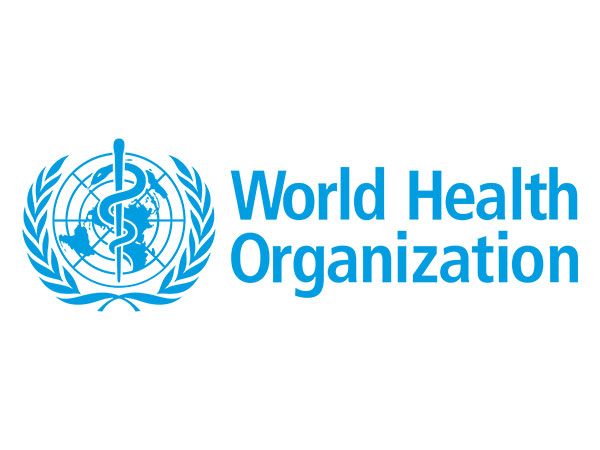Islamabad [Pakistan], April 27 (ANI): The World Health Organisation (WHO) and Pakistan’s Ministry of National Health Services have sounded the alarm over a sharp rise in malaria cases across the country, linking the surge directly to the impacts of climate change, Dawn reported.
With more than two million cases reported annually, officials warned that intensified action is urgently needed to contain the growing threat to Pakistan and the wider region.
The warning was issued on the occasion of World Malaria Day, with both WHO and Pakistani authorities calling for a collective push to combat the disease. “Malaria is a major global threat, and we are seeing first-hand how climate change is increasing both the risk and the cases in our country,” said Federal Health Minister Syed Mustafa Kamal. He emphasised that ending malaria is not only a health priority, but also an investment in a safer, healthier, and more equitable future for all nations.
Under the international theme “Reinvest, Reimagine, Reignite,” WHO urged governments, organisations, and communities to step up support for malaria elimination efforts. Pakistan’s battle against malaria was severely impacted by the catastrophic 2022 floods, which triggered an additional 6.6 million cases over the 2022-2024 period, reported Dawn.
Cases peaked in 2023 at 2.7 million, a steep rise compared to 399,097 reported in 2021. Consequently, WHO’s Eastern Mediterranean Region saw malaria cases spike to an estimated 10.2 million in 2023, marking a 137 percent increase since 2015.
Despite the surge, Pakistan has made notable progress over the past decade in malaria prevention and treatment. Working alongside WHO and with funding from the Global Fund to Fight AIDS, Tuberculosis and Malaria, the country screened more than 11.4 million suspected cases and treated 2 million confirmed malaria patients in 2024 alone.
Pakistan also distributed 7.8 million insecticide-treated nets across 22 high-burden districts, which contributed to a decline in cases from 2.7 million in 2023 to 2 million last year.
“WHO is proud to partner with Pakistan to continue saving lives by preventing and treating malaria,” said Dapeng Luo, WHO Representative in Pakistan. However, he warned that climate change is undermining hard-won gains and poses a threat not only to Pakistan but to the entire region.
“We know how to end malaria, and we can do it if all stakeholders invest and work together to reinforce the response and adapt to the new risks triggered by climate change,” he said.
Data collected from 5,575 medical facilities across 80 endemic districts reveals a clear upward trend in malaria cases linked to rising temperatures and frequent floods. Other contributing factors include deepening poverty, limited access to quality diagnostics and treatment, security challenges in Balochistan, the tribal areas, and Khyber Pakhtunkhwa, as well as gaps in healthcare access in parts of Sindh, Dawn reported.
While malaria control efforts have proven effective, experts stressed that sustained, coordinated action will be crucial to overcoming the impacts of climate change, protecting lives, and securing a healthier future for Pakistan. (ANI)
Disclaimer: This story is auto-generated from a syndicated feed of ANI; only the image & headline may have been reworked by News Services Division of World News Network Inc Ltd and Palghar News and Pune News and World News
HINDI, MARATHI, GUJARATI, TAMIL, TELUGU, BENGALI, KANNADA, ORIYA, PUNJABI, URDU, MALAYALAM
For more details and packages















